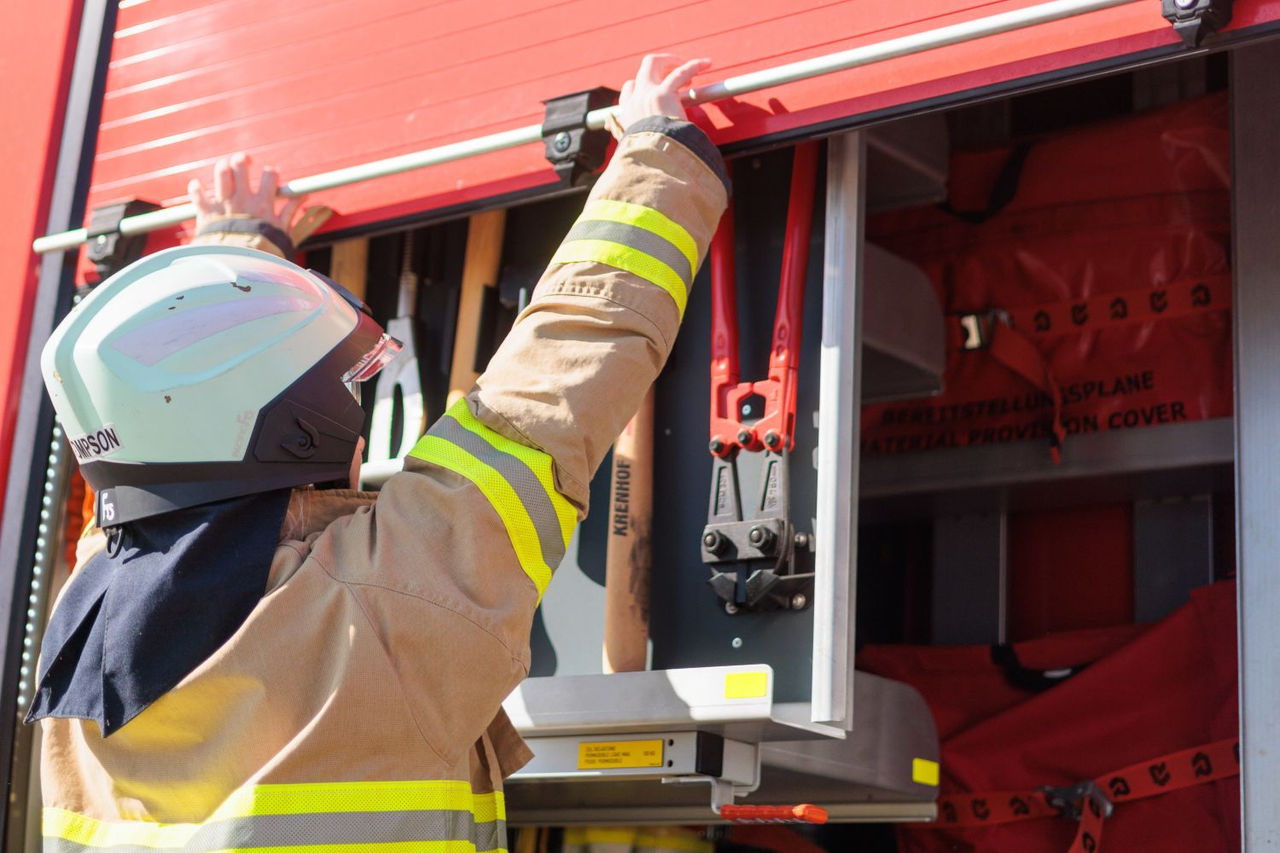Rebecca always knew she was destined to be a firefighter. Growing up in a fire station, she watched her father, who served as station captain until his passing, jump on the truck or instruct his team between calls.
Inspired by his work ethic and dedication, Rebecca joined the Rural Fire Service (RFS) at just seventeen, and by nineteen, she was fighting fires under a Defence contract at HMAS Albatross.
Driven by passion and a deep sense of purpose, Rebecca seized every opportunity to grow, gaining skills with each new experience. She was flown out in a Cessna to assist with fires in Orange, where she learned how to operate under pressure at a multi-disciplinary event. She was in the air again during the devastating 2009 Black Saturday bushfires in Victoria, gaining firsthand experience with bushfires of an entirely different scale.
